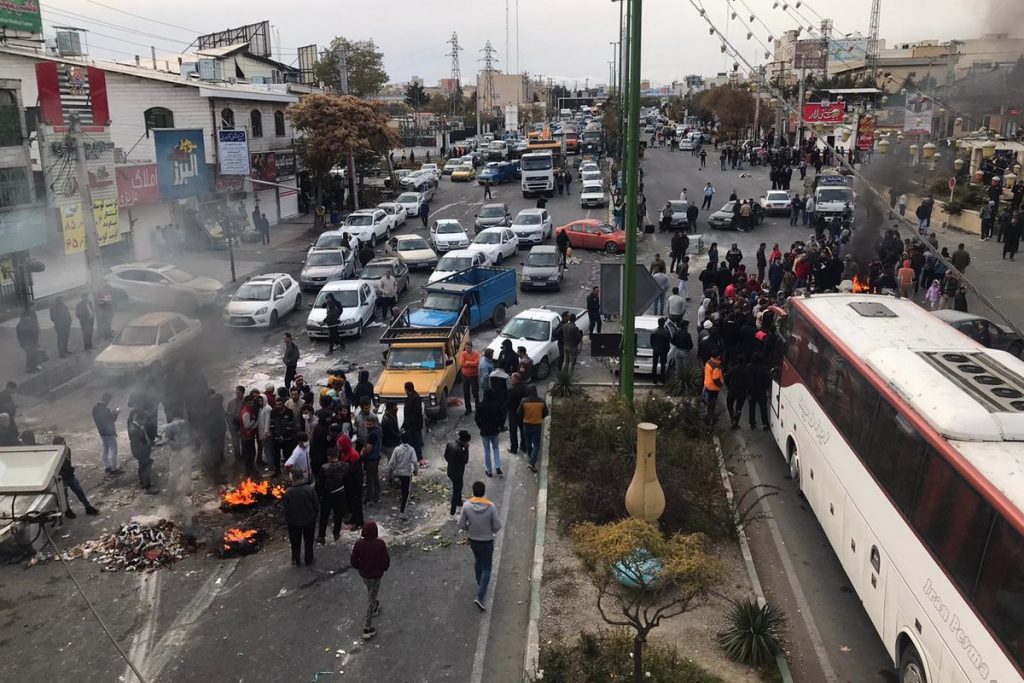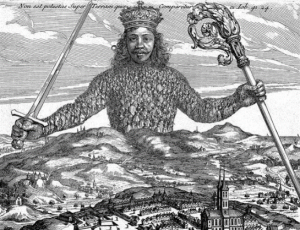
Life in the capital of Iran seems eerily normal on the eve of what will likely be one of the larger demonstrations in recent weeks. Indeed, many fear it may be the bloodiest of all. But, as the city waits, punk skateboarders show off their moves to the thump-thump of French electro at Enqelab Sports Complex. Groups of women in chadors amble by the fragrant booths of spice dealers at the city’s famed Grand Bazaar. Young couples lounge in a coffee shop at Haft e-Tir, the epicenter of a quashed protest just last week.
Indeed, although tens of thousands are expected to march in silence July 30, on the religiously important 40-day anniversary of the death of Neda Agha-Soltan, a young protestor whose last moments were captured on video, many more will be staying home. “It’s going to get brutal,” says one opposition adviser who claims to have spoken to top commanders of the Revolutionary Guard. The Guard, together with the paramilitary basij force, has arrested thousands and killed possibly more than a hundred protesters since the disputed June 12 presidential election. “[Security forces] will be waiting for them,” he says. (See the top 10 symbols of protests, including Neda Agha-Soltan.)
Because the opposition was denied a permit to gather at the sprawling Grand Mossala complex to commemorate those killed in the post-election crisis, the crowds will likely spread to nearby alleyways and narrow streets, the type of urbanscape where basij often corner protesters (there are no sweeping boulevards nearby like Enqelab or Revolution Street). “It’s too dangerous [to join the demonstration],” says one office manager who works in a tony neighborhood in north Tehran. “Just not worth it for me to go.” (Read a story about how Iran’s leaders are battling over Khomeini’s legacy.)
The increasingly harsh security crackdown – several protesters, including the son of an adviser to the conservative politician Mohsen Rezai, died in detention from injuries sustained during a July 9 protest – has sharply divided the population here between the dwindling numbers who defiantly still head to the streets and the vast majority who watch from the sidelines. Among the demonstrators, by now whittled to mostly students or recent graduates and those living on modest incomes, there are frequent mentions of democracy, human rights, the release of political prisoners, even the overthrow of the entire regime. But taken as a whole, it is hard to tell what their objectives are, particularly since the opposition transcends thwarted presidential contender Mir-Hossein Mousavi‘s Green Movement platform. The question remains: what exactly will they be marching – and perhaps fighting – for this Thursday?
Among a dozen likely protesters interviewed in Tehran, most of whom were recent university students, the picture that emerged was one of intense dissatisfaction with the theocratic regime, a system forcing its strict religious codes on a progressively more secular youth population. But many of them do not desire regime change, or welcome the violence that would surround such a revolution. Many recall that their parents suffered through such chaos in the run-up to the 1979 Islamic Revolution (coincidentally fueled by gatherings commemorating the 40-day anniversaries of those killed in street clashes). Nor do today’s young protesters all want greater political freedoms, such as a free press or subjecting the nomination of the Supreme Leader to election. (See pictures of the long shadow of Ayatullah Khomeini.)
The defining theme was their wish to unyoke the regime’s long reach into their private lives. They want change in the form of social freedom rather than political freedom; many have become so disillusioned by what they see as a stolen election that they refuse to participate within the current political system at all.
The last four years of repressive rule under President Mahmoud Ahmadinejad has been jarring, following, as it did, eight years of social reforms under Mohammad Khatami. The basij militia turned into the country’s religious police, patrolling the streets at night to catch those returning from private house parties, where drugs, alcohol, dancing, and Western music – forbidden under Islamic law – could be found. Such harassment, including jail time and hefty fines, has become a part of daily life. The basij also stepped up enforcement of the ban against dating, the restrictions on public dress (berating women for letting their hijab reveal too much hair, for instance), and the crackdown on men who they suspect of being homosexuals or of soliciting prostitutes.
In response, young Iranians have been leaving the country by the jetload. “I love this country,” says one recent university student who is moving to the U.S. this fall for graduate studies. “But there is no future here for me,” he says, explaining that he is on a government blacklist for desirable jobs, due to his involvement in protests throughout the last decade. Yet at the same time, Ahmadinejad’s caustic criticism of the West made the task of securing visas next to impossible. Many of those interviewed said they hoped for better ties to the rest of world.
For now, there are more pressing matters. The protesters are preparing for Thursday’s expected battle in the streets, readying surgical masks, dousing handkerchiefs with vinegar to lessen the effects of tear gas, and circulating routes for candle vigils and silent marches. One thing is for sure, they won’t get much rest: demonstrations are already being planned for the middle of next week during an important religious festival and the inauguration of Ahmadinejad.



